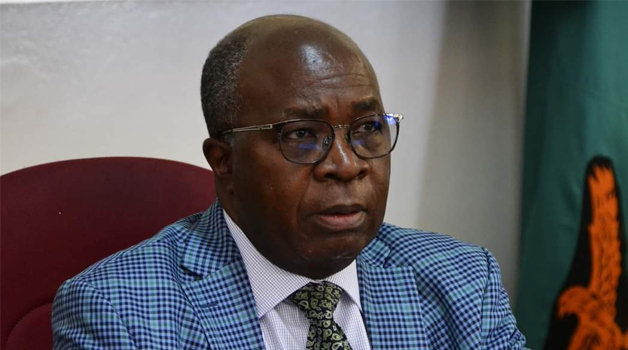By THANDIWE MOYO-
UNDERTAKING a national census is an important exercise in any country.
This is because statistics generated from the census are useful inputs in decision making and overall planning for the country.
The Census of Population and Housing provides vital information to help the Government and other organisations make informed decisions on developmental matters and distribution of national resources.
Information from a census in any nation has many benefits to different sectors of the economy, such as health, education, political, social and infrastructural development, among others.
For the business community, credible census information helps to make accurate assumptions on business decisions.
Reliable statistical information helps to build trust within the different aspects of an economy, such as companies and potential investors.
It also helps to determine would-be markets, as the population in different locations is a big factor in markets.
With regards to education, information from a census is cardinal in aiding policy making in the sector.
Additionally, issues such as gender parity in the education system can also be addressed basing on the census data.
The census report also acts as a tool for monitoring and evaluating existing educational policies and programmes.
In Zambia, a Census of Population and Housing is a legal activity under the provisions of the Statistics Act of 2018 as amended.
This Act establishes integrated national statistical systems and provides for the mechanisms for coordination, collection, and management of statistics in the country.
Under this Act, all people residing in Zambia, except foreign diplomats accredited to the country, are required to provide necessary information during the census through data collectors who are engaged by the Zambia Statistics Agency (ZamStats).
So far, preparations are on course to host the main census from August 18, 2022, to September 14, 2022.
Finance and National Planning Minister Situmbeko Musokotwane recently said the Government is committed to undertaking the 2022 Census of Population and Housing.
Dr Musokotwane said this when he graced the ZamStats 2022 Population and Housing Census donor round-table meeting held in Lusaka recently.
Speaking virtually, the Finance and National Planning minister said conducting the census exercise is of great importance as it provides critical data to measure a number of factors, such as the quality of life of citizens and the type of housing they lived in.
The census exercise brings out detailed numerical profile of a nation for evidence-based decision making at all levels.
The numerical profile is indispensable for monitoring national programmes, such as the national Vision 2030 and the universally recognised Sustainable Development Goals (SDGs).
Dr Musokotwane said Government is committed to disburse the initial K658 million for this year’s census exercise from the total census budget of K967 million.
The two critical pre-census activities namely mapping and listing, as well as the pilot census, have already been undertaken in preparation for the main census.
Dr Musokotwane said Government provided the funding for key census equipment and materials which included 30,000 tablets; 35,000 power banks; 500 motor bikes; 13,000 bicycles; and 44 motor vehicles, among others.
He appealed for financial and technical support from different stakeholders as the census is a national exercise that requires the support of everyone.
The minister expressed gratitude for the support rendered by the Department for International Development (DFID) and United Nations Fund for Populations Activities (UNFPA), which have provided 15,025 of the required 45,000 tablets for data collection, and the 4,610 bicycles.
He also thanked private sector organisations, like ECO Bank, Zambia National Commercial Bank (ZANACO), Choppies Super Markets, New Horizon and Pro-Print Printers which supported various census processes.
UNFPA Deputy Representative Margaret Thwala Tembe appealed to the private sector and other stakeholders to consider increasing support to the 2022 digital census.
Addressing the donor round-table meeting, Ms Tembe said the UNFPA in
Zambia, through its programmes, reaffirmed its support to the Government through improving the processing of in-depth analysis and dissemination of timely, quality and accurate census data.
She said governance of statistical work must be guaranteed by a well respected and institutional framework.
ZamStats Interim Statistician General Mulenga Musepa, who gave the 2022 census progress update, urged the nation to support the exercise.
“Two key pre-requisites of census undertaking were implemented in
2020, Mapping and Listing as well as the Post Pilot Pre-test fieldwork which is intended to finalise the census questionnaire and other operational processes,” he said.
Mr Musepa said quality statistical information enables citizens to make appropriate informed decisions and predictions in their daily lives.
He said correct statistics improve people’s social–economic opportunities for development.
Mr Musepa said relying more on quality statistics and data helped provide informed policies and plansbased on concrete evidence.
He urged all stakeholders to support the exercise and that everyone should be counted to ensure inclusive planning and development.
As Zambia prepares to host the main census from August to September this year, it is only hoped that all citizens will prepare to participate in this important national exercise.







